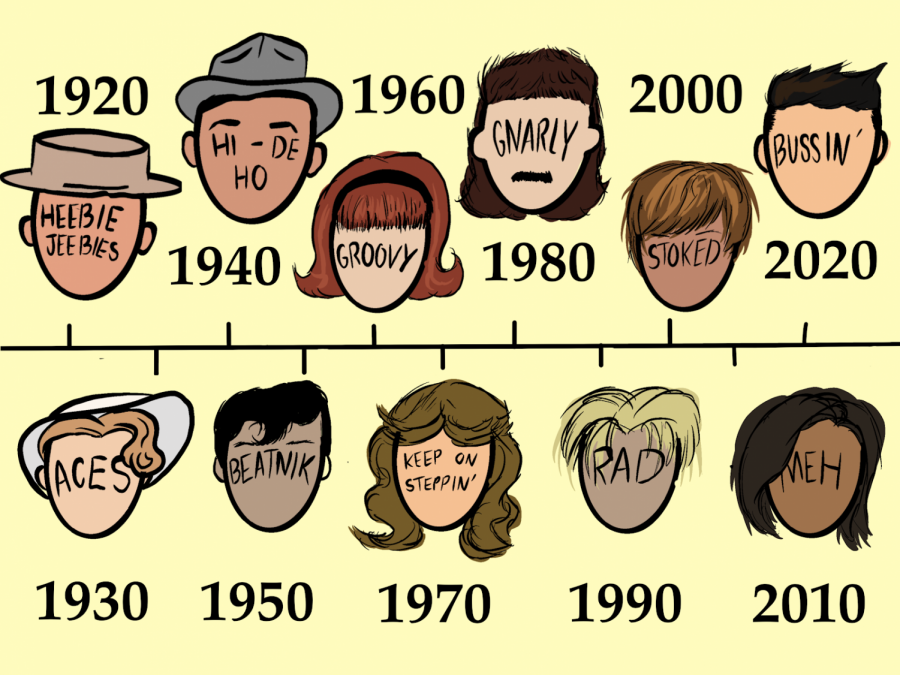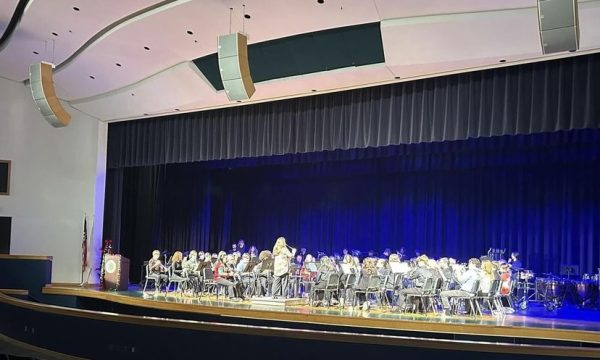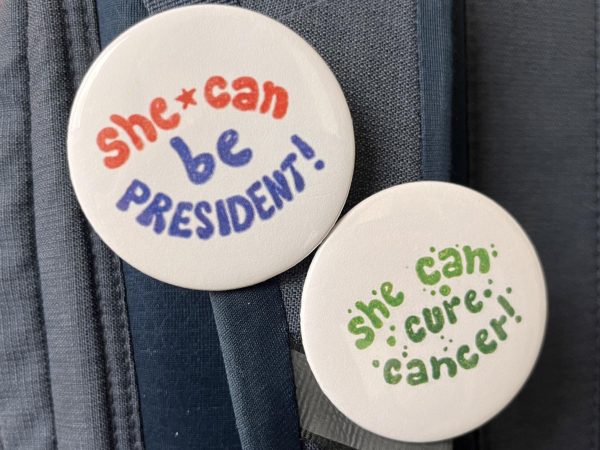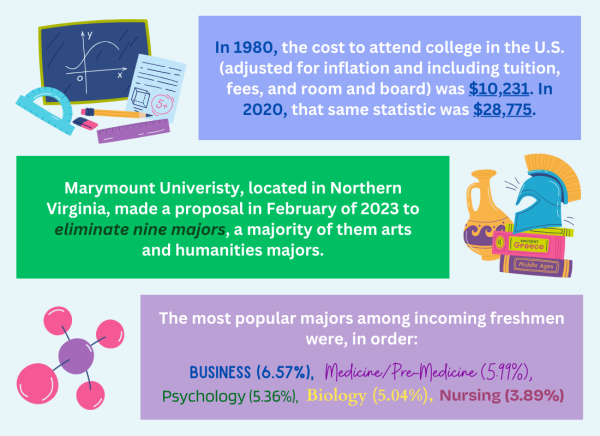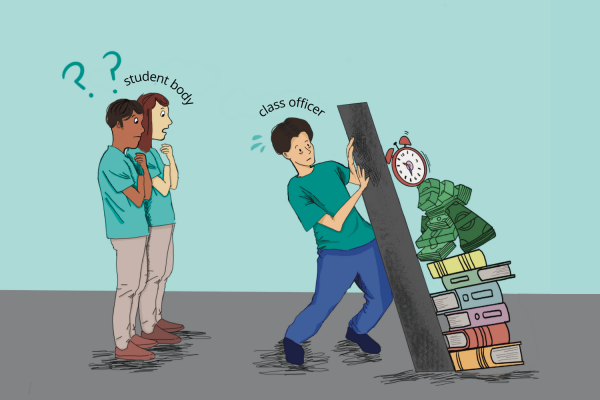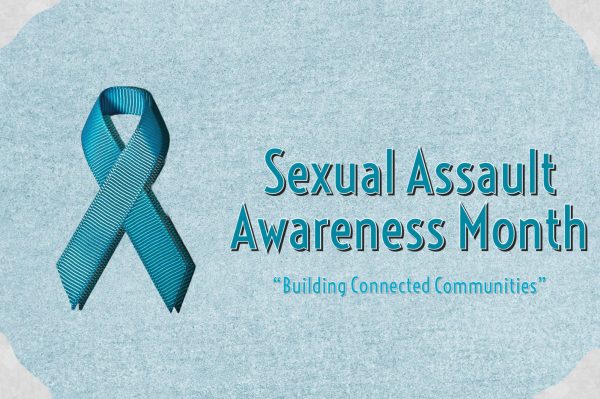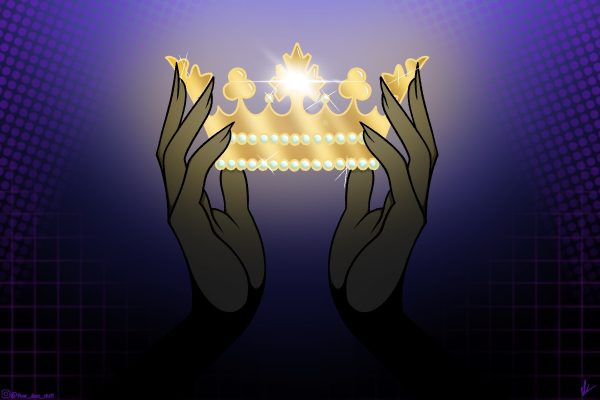Slang haters do not pass the vibe check
Josh Campbell
Over the past century, the English language has shaped and evolved in ways that the roaring twenties could never have imagined. As time has gone on, The Sidekick communications manager Sreeja Mudumby shares how early English has maintained its influence from the past and the present day twist on the English language.
April 27, 2021
“It’s bussin bruh.”
This is a phrase I have been repeatedly saying to my friends. Yes, they get annoyed, but eventually, they catch on.
Generation Z’s slang is filled with arbitrary words that hold a lot of value with little meaning. My parents have definitely given me an odd glare when I told them that Zayn Malik’s music slaps. My distant family laughed at my vocabulary when I said that fries taste sus.
These words are definitely out of the standard English language, but they make up a heavy portion of my vocabulary, as well as my generation’s. But new age language extends beyond casual street slang. As the English language evolves, words are invented to match the culture of the people who use them. Terms such as genderfluid, nonbinary and they/them pronouns are a prime example of that.
With the evolution of the English language came a lot of claims stating that these words are not part of the English language and that we are spoiling the beauty of the language.
And to that I say: cap.
First of all, languages are created. Once upon a time, someone sat down and assigned meaning to noises, which became the language that we speak today. Second, terms of inclusivity such as “transgender” and common slang terms such as “bougie” have existed since the 1970s. If anything, Generation Z is bringing back the terms, not making them up. So when Generation Z, or any generation, uses a new term, English is not being destroyed or spoiled.
It is being innovated.
“It’s very interesting because time and progression don’t happen in a line, it’s more in waves,” Coppell High School senior Ikarus Smith said. “So when people try to [argue] that they’re ruining English language, language development is a natural habit and will not stop for any one reason. We’re not going to suddenly reach a point where we say ‘Oh, the English language is done now,’ because there will always be new words to describe experiences and feelings that people have.”
Now more than ever, people are able to more accurately and comfortably identify themselves. No one is limited to what they would like to be called. The evolution of the English language has enabled freedom of expression for anyone and everyone.
Isn’t that lit?
You have a right to think slang terms are annoying. But refusing to identify someone by what they prefer simply because it doesn’t fit your idea of “real words” will high-key get you cancelled.
“Language is just how you communicate,” Smith said. “You are simply communicating an idea. When a new word comes into fashion, or when a slang word replaces an old word, all it does is better help communicate a feeling, idea or concept that may not be previously covered in older vernacular.”
Languages are made for people; not the other way around. Learning to accept the modern jargon and grow with it allows us to communicate life more accurately and not get stuck in the cage of restriction.
And that’s facts, periodt.
This story was originally published on Coppell Student Media on April 26, 2021.


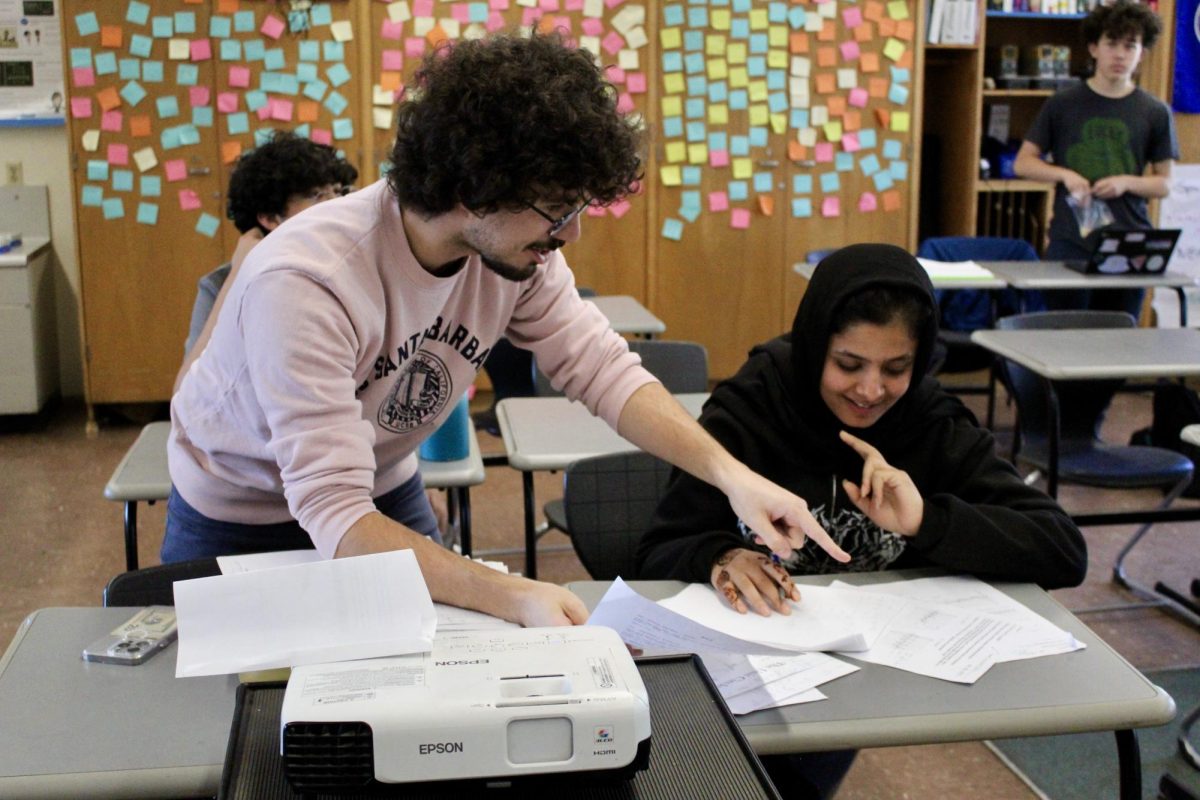






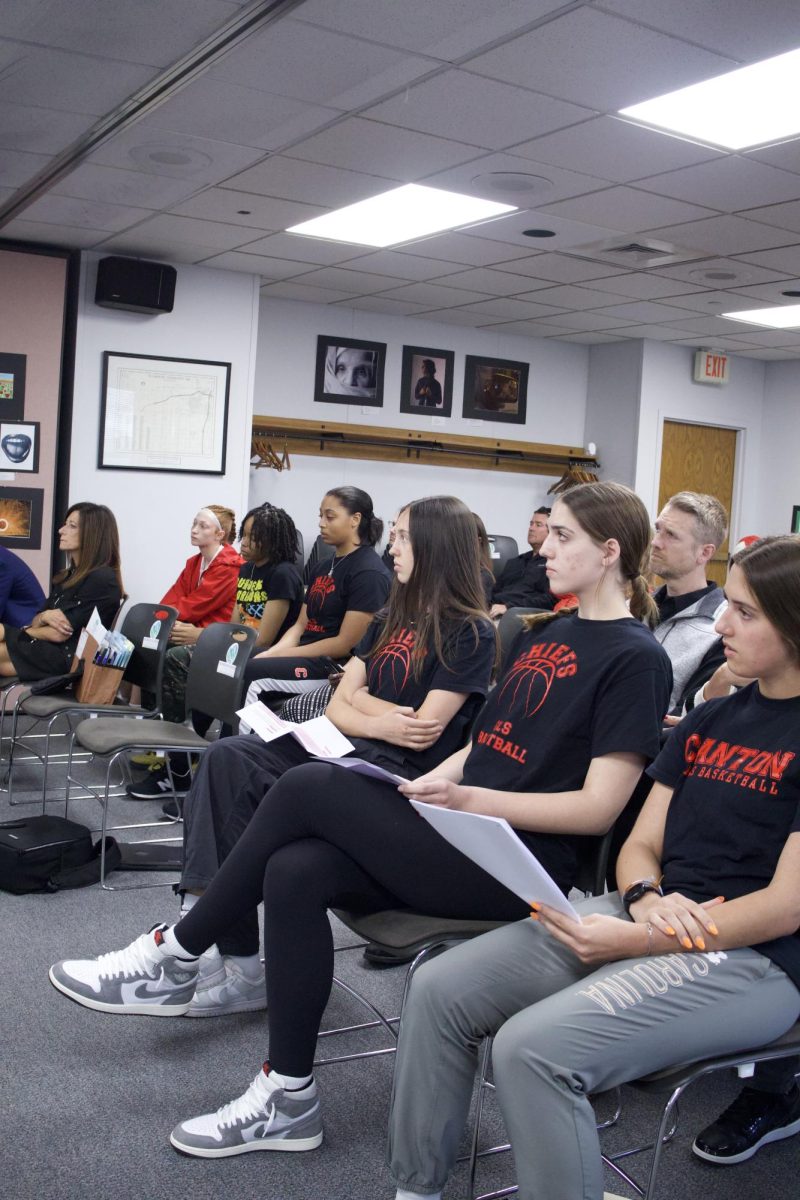



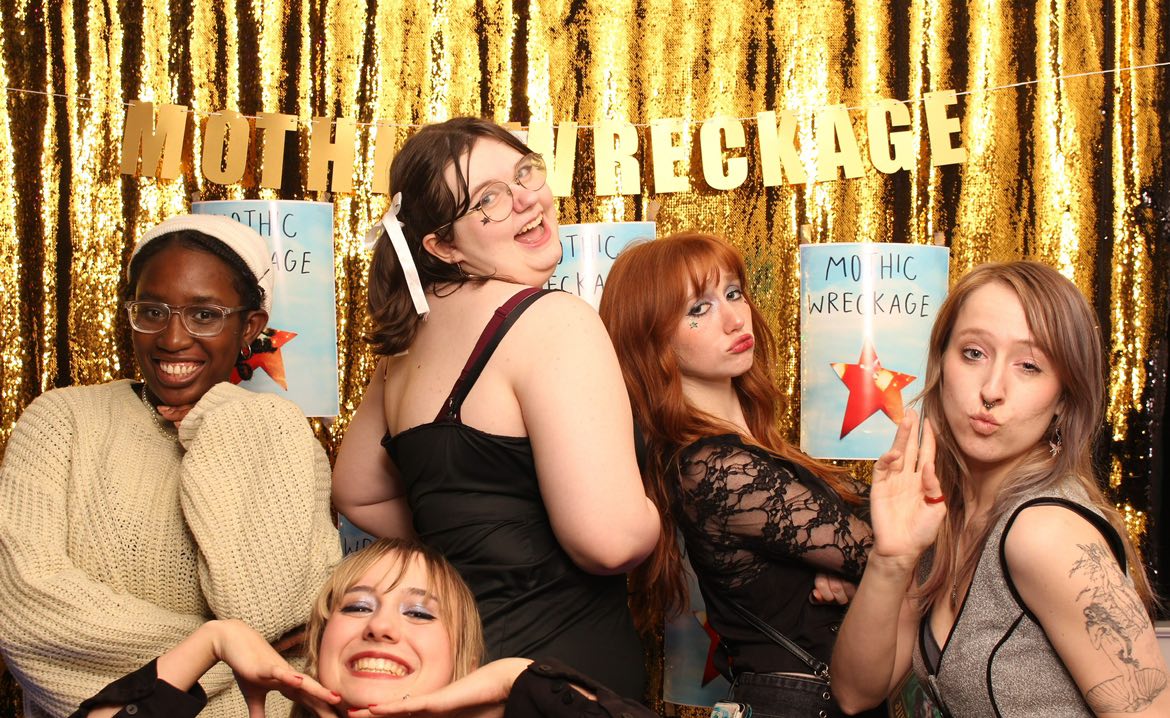

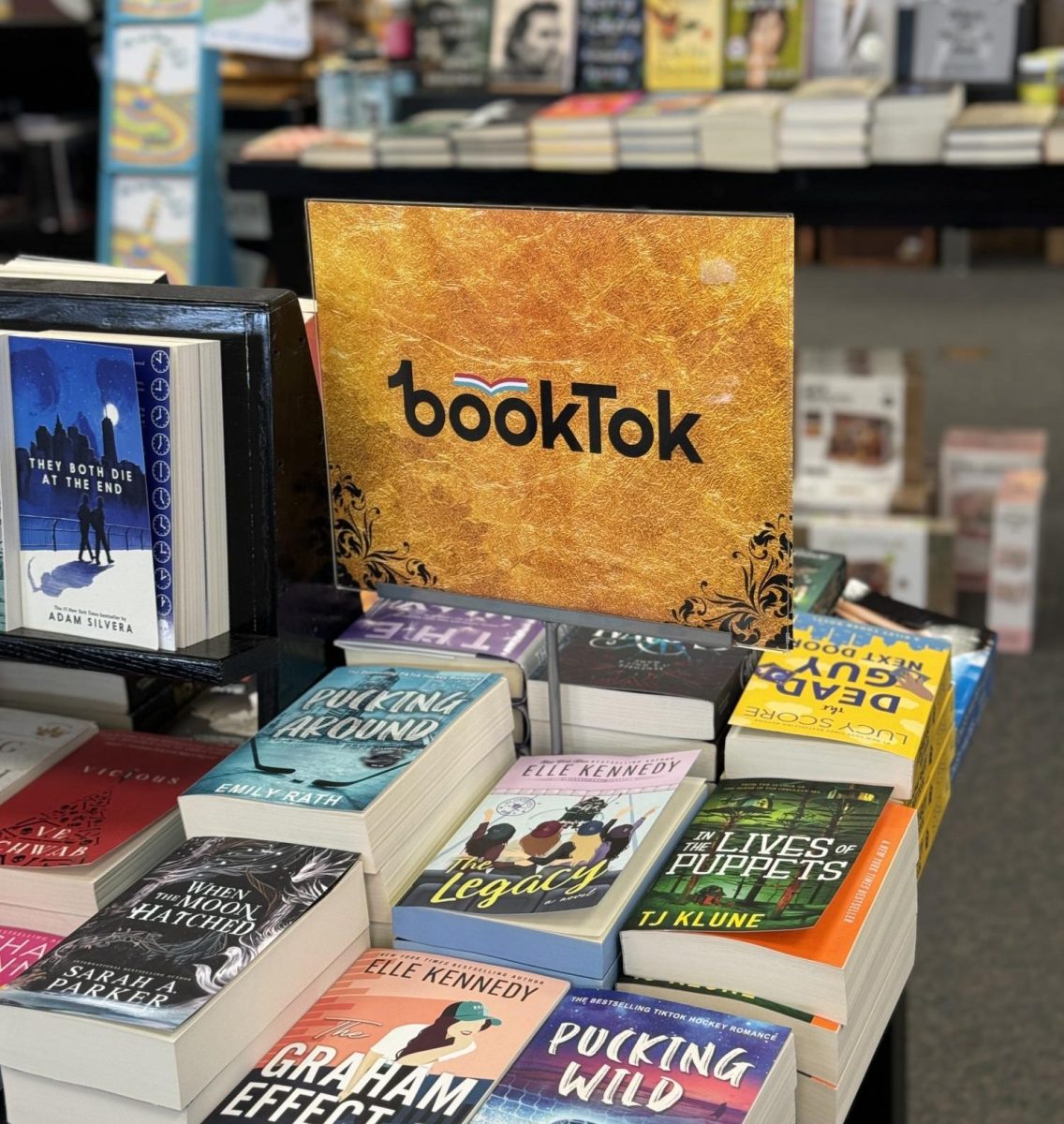















![IN THE SPOTLIGHT: Junior Zalie Mann performs “I Love to Cry at Weddings,” an ensemble piece from the fall musical Sweet Charity, to prospective students during the Fine Arts Showcase on Wednesday, Nov. 8. The showcase is a compilation of performances and demonstrations from each fine arts strand offered at McCallum. This show is put on so that prospective students can see if they are interested in joining an academy or major.
Sweet Charity originally ran the weekends of Sept. 28 and Oct. 8, but made a comeback for the Fine Arts Showcase.
“[Being at the front in the spotlight] is my favorite part of the whole dance, so I was super happy to be on stage performing and smiling at the audience,” Mann said.
Mann performed in both the musical theatre performance and dance excerpt “Ethereal,” a contemporary piece choreographed by the new dance director Terrance Carson, in the showcase. With also being a dance ambassador, Mann got to talk about what MAC dance is, her experience and answer any questions the aspiring arts majors and their parents may have.
Caption by Maya Tackett.](https://bestofsno.com/wp-content/uploads/2024/02/53321803427_47cd17fe70_o-1-1200x800.jpg)
![SPREADING THE JOY: Sophomore Chim Becker poses with sophomores Cozbi Sims and Lou Davidson while manning a table at the Hispanic Heritage treat day during lunch of Sept 28. Becker is a part of the students of color alliance, who put together the activity to raise money for their club.
“It [the stand] was really fun because McCallum has a lot of latino kids,” Becker said. “And I think it was nice that I could share the stuff that I usually just have at home with people who have never tried it before.”
Becker recognizes the importance of celebrating Hispanic heritage at Mac.
“I think its important to celebrate,” Becker said. “Because our culture is awesome and super cool, and everybody should be able to learn about other cultures of the world.”
Caption by JoJo Barnard.](https://bestofsno.com/wp-content/uploads/2024/01/53221601352_4127a81c41_o-1200x675.jpg)




